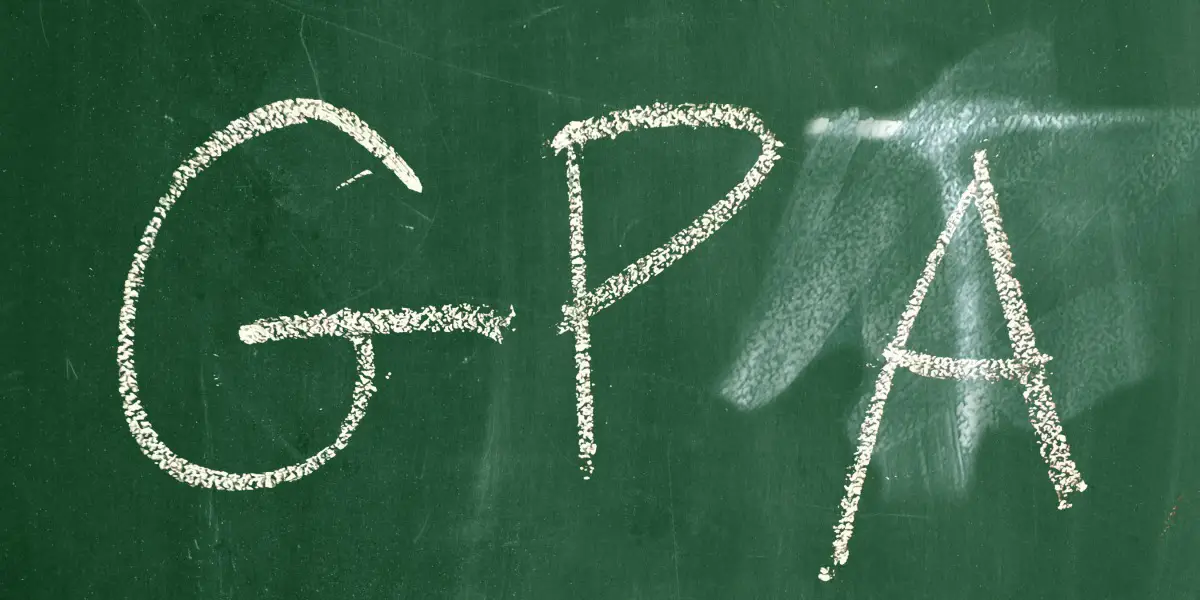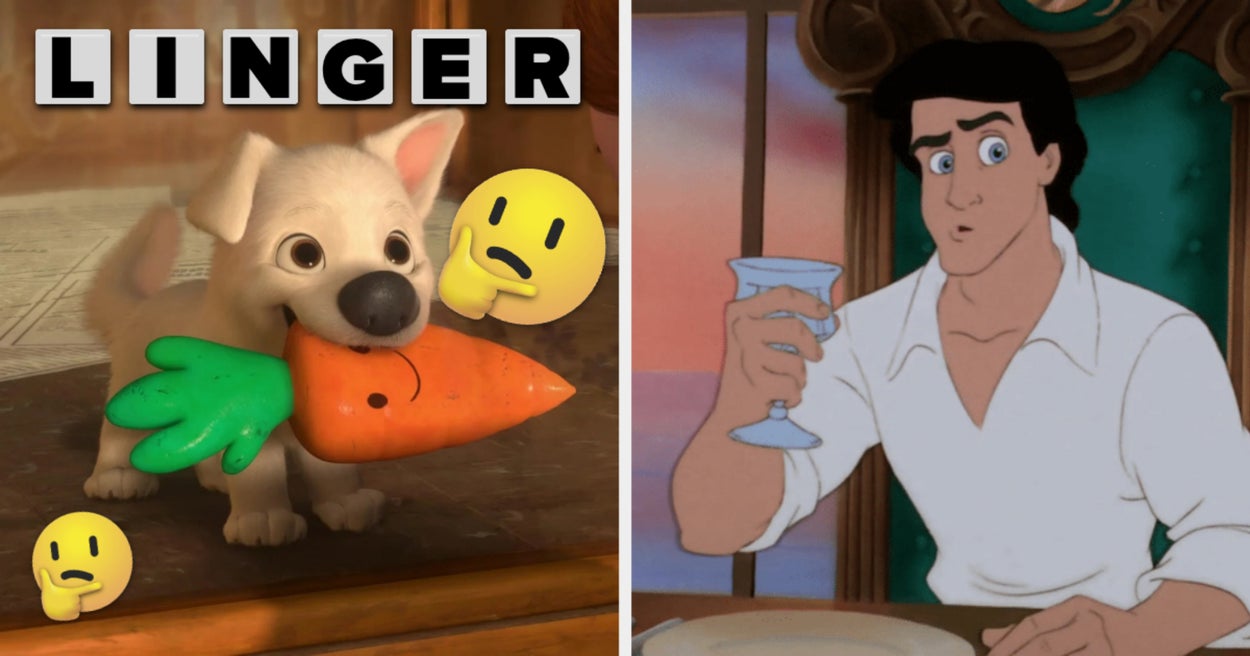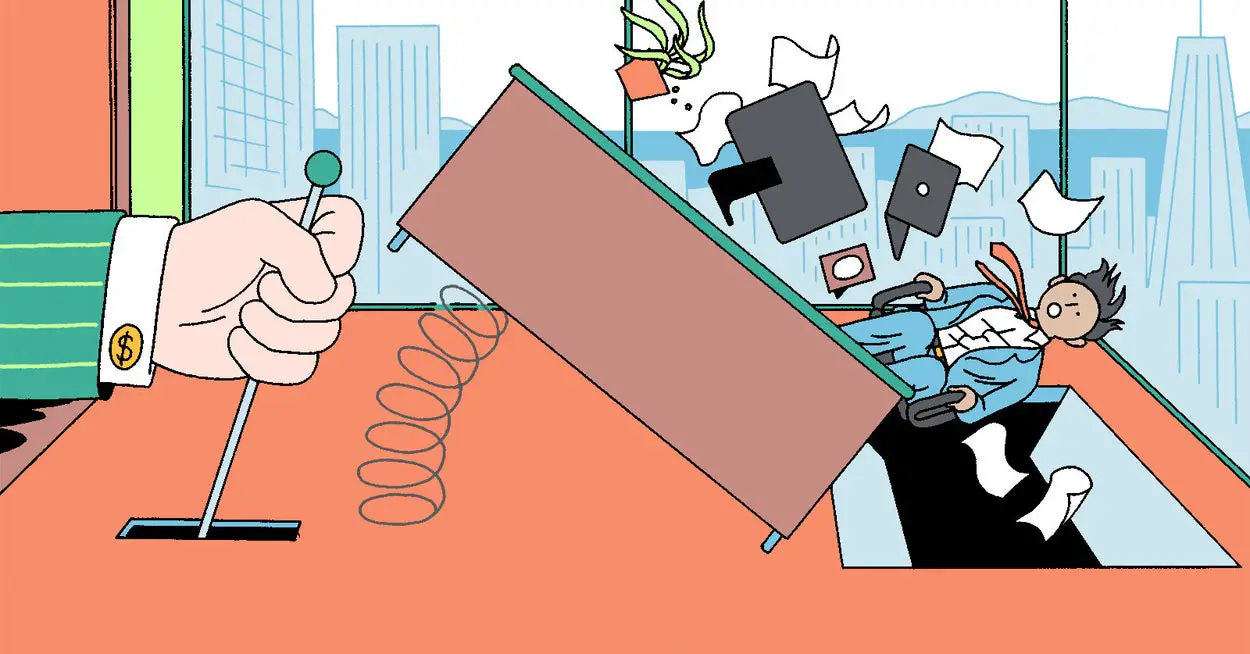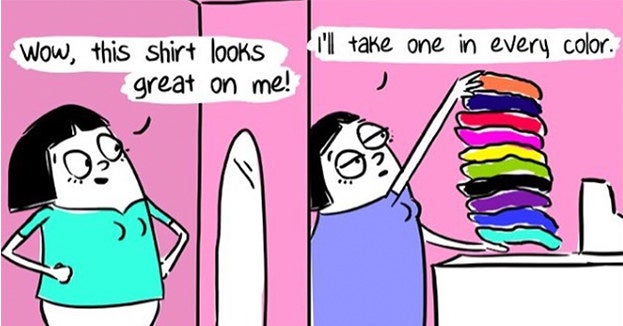But it will take time and resources for educators to innovate in this way. Many are too overworked, under-resourced, and beholden to strict performance metrics to take advantage of any opportunities that chatbots may present.
It is far too soon to say what the lasting impact of ChatGPT will be—it hasn’t even been around for a full semester. What’s certain is that essay-writing chatbots are here to stay. And they will only get better at standing in for a student on deadline—more accurate and harder to detect. Banning them is futile, possibly even counterproductive. “We need to be asking what we need to do to prepare young people—learners—for a future world that’s not that far in the future,” says Richard Culatta, CEO of the International Society for Technology in Education (ISTE), a nonprofit that advocates for the use of technology in teaching.
Tech’s ability to revolutionize schools has been overhyped in the past, and it’s easy to get caught up in the excitement around ChatGPT’s transformative potential. But this feels bigger: AI will be in the classroom one way or another. It’s vital that we get it right.
From ABC to GPT
Much of the early hype around ChatGPT was based on how good it is at test taking. In fact, this was a key point OpenAI touted when it rolled out GPT-4, the latest version of the large language model that powers the chatbot, in March. It could pass the bar exam! It scored a 1410 on the SAT! It aced the AP tests for biology, art history, environmental science, macroeconomics, psychology, US history, and more. Whew!
It’s little wonder that some school districts totally freaked out.
Yet in hindsight, the immediate calls to ban ChatGPT in schools were a dumb reaction to some very smart software. “People panicked,” says Jessica Stansbury, director of teaching and learning excellence at the University of Baltimore. “We had the wrong conversations instead of thinking, ‘Okay, it’s here. How can we use it?’”
“It was a storm in a teacup,” says David Smith, a professor of bioscience education at Sheffield Hallam University in the UK. Far from using the chatbot to cheat, Smith says, many of his students hadn’t yet heard of the technology until he mentioned it to them: “When I started asking my students about it, they were like, ‘Sorry, what?’”
Even so, teachers are right to see the technology as a game changer. Large language models like OpenAI’s ChatGPT and its successor GPT-4, as well as Google’s Bard and Microsoft’s Bing Chat, are set to have a massive impact on the world. The technology is already being rolled out into consumer and business software. If nothing else, many teachers now recognize that they have an obligation to teach their students about how this new technology works and what it can make possible. “They don’t want it to be vilified,” says Smith. “They want to be taught how to use it.”
Source link











Leave a Reply